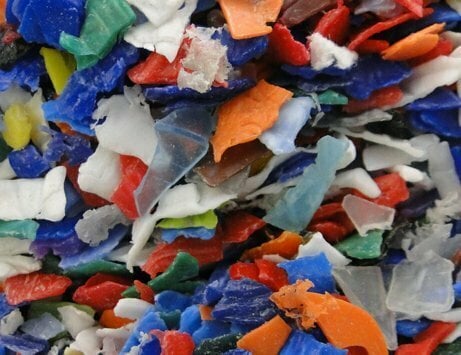The advantages of standardisation for the characterisation of recycled material

The growing market of recycled plastics is increasingly adopting the use of testing and product standards that are used and interpreted by all the agents of the value chain. This facilitates communication between customers and suppliers, allows the internationalisation of Spanish companies, increases the safety and quality of recycled plastics, as well as complying with certain legal requirements.
How many times did we want to sell a product and our customer or potential customer asked us for documentation on product properties to see if they fit their requirements? One of the most usual documents are datasheets, which includes a large number of tests carried out by an accredited laboratory, by the company’s internal laboratories or by suppliers.
It’s very important to indicate under which standards the sample has been tested to compare properly the values to other values for other products or check if they meet any legal or customer requirements.
In the last years, the European Committee for Standardisation has been active in drafting product standards that allow determining which test standards to apply to recycled PE, PP, PVC, PET and PS.
Besides the cases in which standards on recycled plastic are a requirement, these standards are increasingly known and accepted in the sector, so providing a document such as a datasheet, where it is indicated that the recycled plastic has been tested according to standards on recycled plastic gives an added retail value to your product. Besides, since they are established by the European standardisation body, they are accepted by the Member states, which allows these standards to be known in Europe, thus speeding up the trade of recycled plastic with our European neighbours.
Mandatory and optional characteristics
The testing and product standards are generally of voluntary obligation unless there is some legislation that requires its application to be mandatory. However, the UNE EN 15344, UNE EN 15345, UNE EN 15346, UNE EN 15348 and UNE EN 15342 product standards include mandatory and optional testing standards.
In this case, indicating that some tests are mandatory does not mean that the law obliges tests to be carried out, but that if a manufacturer indicates that its product follows one of the product standards, it means that it has tested the samples at least with the mandatory tests.
The UNE EN 15343 standard is not specific for a certain product, but it refers to the traceability and conformity of the recycled plastic.
On the other hand, UNE 53972 and UNE 53978 standards for PP and PE respectively describe codes for classifying and marking recycled plastic materials. However, there is always the possibility of adapting to a greater or lesser degree to the methodologies described in the standards, according to the agreement between the supplier and the customer and the final application of the recycled plastic material.
The following table shows the mandatory and the majority of the optional characteristics for each product depending on its specific standard.


At AIMPLAS, we have recently extended the accreditation scope under UNE-EN ISO/IEC 17025:2017 including different characterisation tests of the recycled materials shown in the table.
|
|||
| Physical-Mechanical Laboratory |